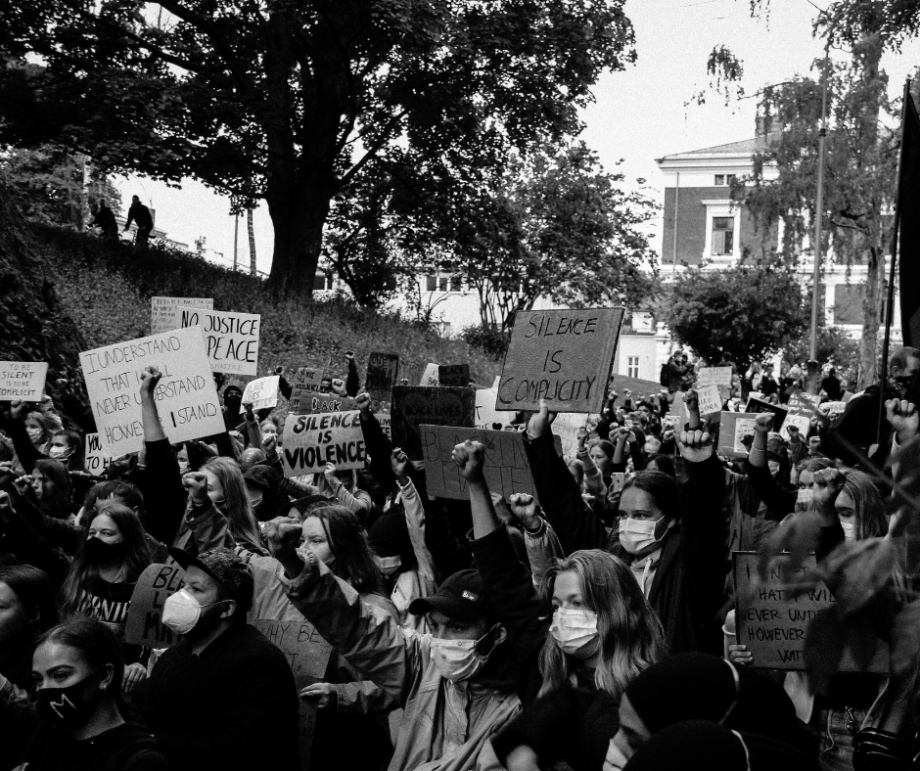POL-AID examines populism in Nordic societies and its implications for democracy.
Most research is done on the fringes when it comes to populism, but it happens all the time. Also in the mainstream media. There is a need for research there.
POL-AID: Polarisation, Affect, Identity: Nordic Populism and the Media Landscape
POL-AID examines populism in Nordic societies and its implications for democracy.
The project examines Nordic populism and its’ implications for Nordic societies and democratic politics. Populism continues to shape politics while dividing societies along cultural, social, and political lines. The project investigates how populism constructs and mobilises political polarisation, affects, and identities in public discourse. POL-AID employs theoretical and methodological perspectives that define populism as a way of ʻdoingʼ politics that:
- appeals to emotions to generate a sense of unity and belonging to a ʻweʼ as opposed to ʻthemʼ
- actively constructs such identities by creating new connotations to signifiers and symbols
The project asks how identities of ‘we’ and ‘them’ are constructed and how certain affects are attached to previously neutral symbols. Populist practices are analysed in key media in Norway, Sweden, Denmark, and Finland to answer the following questions:
- How can the study of populism be enhanced by combining performative and cultural approaches to the phenomenon with techniques from rhetorical political analysis and discourse analysis while incorporating tools for studying hybrid media?
- How are identities, antagonisms, and affective signifiers constructed in each country and their different medialised fora?
- How can researchers and journalists rethink their roles and positions and actively work together to reverse power asymmetries that exclude certain groups and perspectives?
POL-AID maps the antagonisms, identities, demands, and political frontiers articulated in Nordic populisms through bottom-up interpretative inquiry and cross-country comparison of medialised public discourse. The project also accounts for cultural meaning-making practices and affective identifications by applying novel interdisciplinary theories and methods. To generate understanding and awareness of populist practices new methods, teaching materials, and resources are developed to train journalists in dealing with populist politics.

The project entitled "Polarization, Affect, Identity: Nordic Populism and the Media Landscape", will spend three years researching populism in the media, investigating identity building, modes of identification and processes in the media.
Members of the research project
The members of the project consist of researchers throughout the Nordic region.
- Liv Sunnercrantz, University of Stavanger
- Morten Stinus Kristensen, University of Stavanger
- Juha Herkman, University of Helsinki
- Allan Dreyer Hansen, Roskilde University
- Mattias Ekman, Stockholm University
- Amanda Machin, University of Agder
